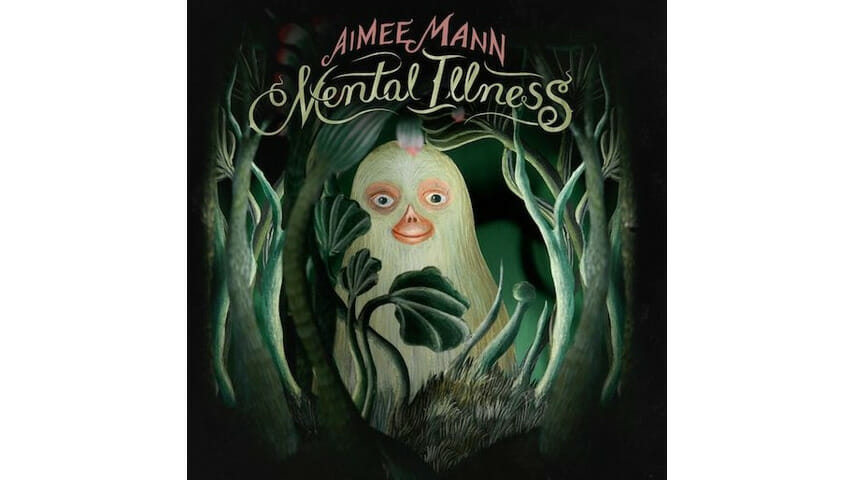Aimee Mann: Mental Illness

For the better part of four decades, Aimee Mann has been mapping the reach of the American pop song. Every three years or so, she releases an album’s worth of character sketches, laments, self-analysis, vignettes and musings, all branded by a kind of urgent hyperliteracy in which each syllable and every note carries outsize meaning.
-

-

-

-

-

-

-

-

-

-

-

-

-

-

-

-

-

-

-

-

-

-

-

-

-

-

-

-

-

-

-

-

-

-

-

-

-

-

-

-








































